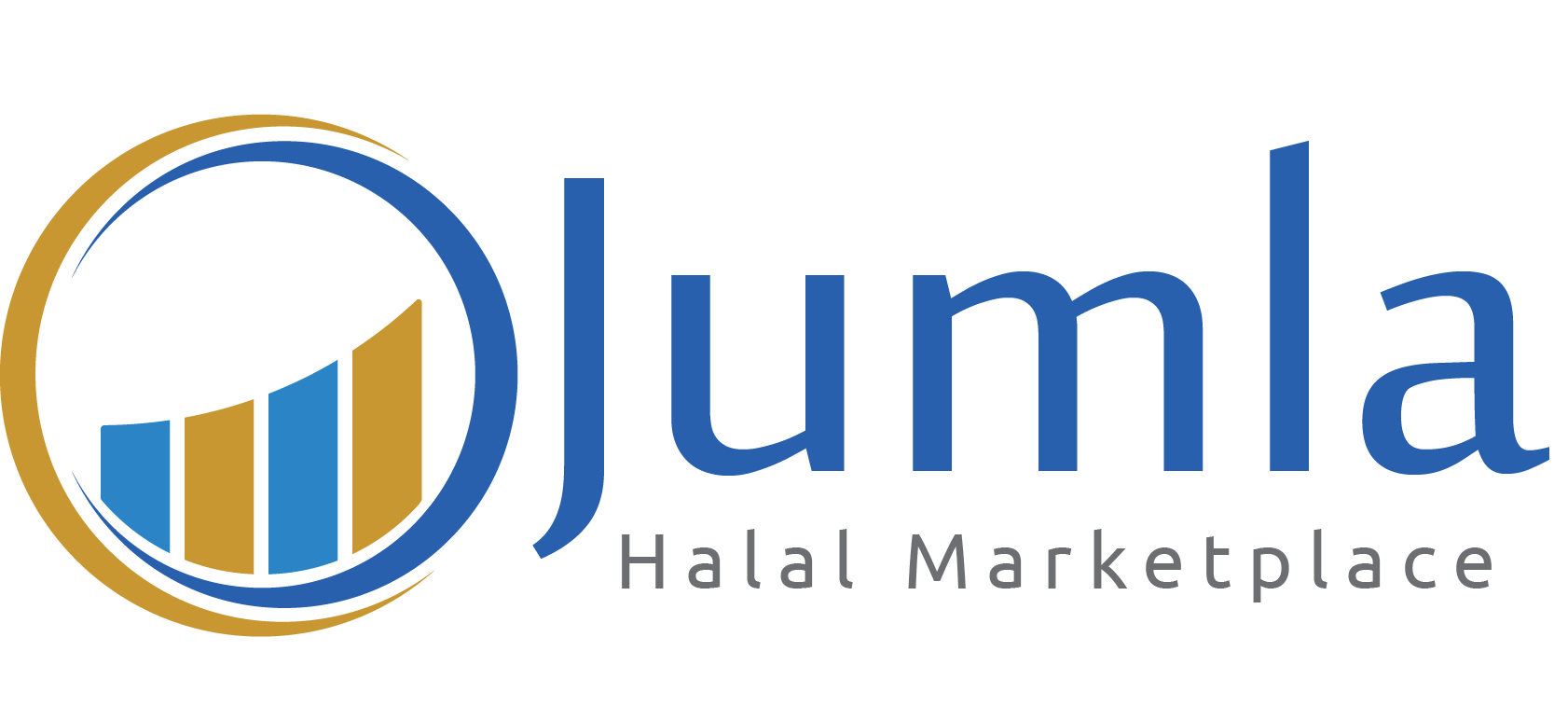The Fast-Growing Demand for Halal Health Supplements in the U.S.
The U.S. health and wellness sector is witnessing a marked surge in demand for halal health supplements. This growth stems from expanding consumer awareness, demographic shifts, and a broader emphasis on products that are ethical, clean-label, and transparent.
Worldwide, the halal nutraceuticals market—encompassing dietary supplements, functional foods, and more—grew from around $42.06 billion in 2024 and is expected to reach $78.14 billion by 2032, reflecting a compound annual growth rate (CAGR) of 8.05%.(Inkwood Research) Regional forecasts for North America indicate an anticipated CAGR of 7.79% between 2025 and 2032, propelled by rising demand for ethically produced wellness products.(Inkwood Research) Supplementing these numbers, the broader halal nutraceuticals and vaccines market is projected to grow from roughly $77 billion in 2025 to $144.5 billion by 2035, riding a 5.2% CAGR.(Future Market Insights, PharmiWeb.com)
Several interrelated factors explain this momentum:
- Demographic Expansion: With the global Muslim population expected to surpass 2.2 billion by 2030, demand for halal-compliant products continues to rise.(Inkwood Research) In the U.S., growing Muslim and multicultural consumer segments are a driving force behind halal supplement interest.
- Ethical Consumerism & Clean Labels: Today’s consumers—Muslim and non-Muslim alike—are increasingly drawn to products that prioritize animal welfare, ingredient transparency, and clean-production methods. Halal supplements, by design, meet many of these criteria.
- Functional Health Trends: There’s a rising appetite for supplements that support immunity, digestion, skin, and overall wellness. Halal innovations—including plant-based capsules and vegan formulations—align with consumer demand for safer and more progressive health solutions.
- Generational Influence: Millennials and Gen Z are shifting industry norms, demanding brands that reflect concerns for sustainability and ethical sourcing. Halal supplements, marketed as clean-label and responsibly produced, resonate strongly with these cohorts.
- Expanded Market Access: Halal health supplements are more accessible than ever thanks to e-commerce platforms and broader retail distribution. This visibility helps normalize halal-certified health products within the wider U.S. market.
In summary, the demand for halal health supplements in the United States is growing swiftly. Supported by strong market projections, shifting consumer values, and improved accessibility, halal-certified nutraceuticals are set to move from niche offerings to mainstream wellness staples in the near future.






